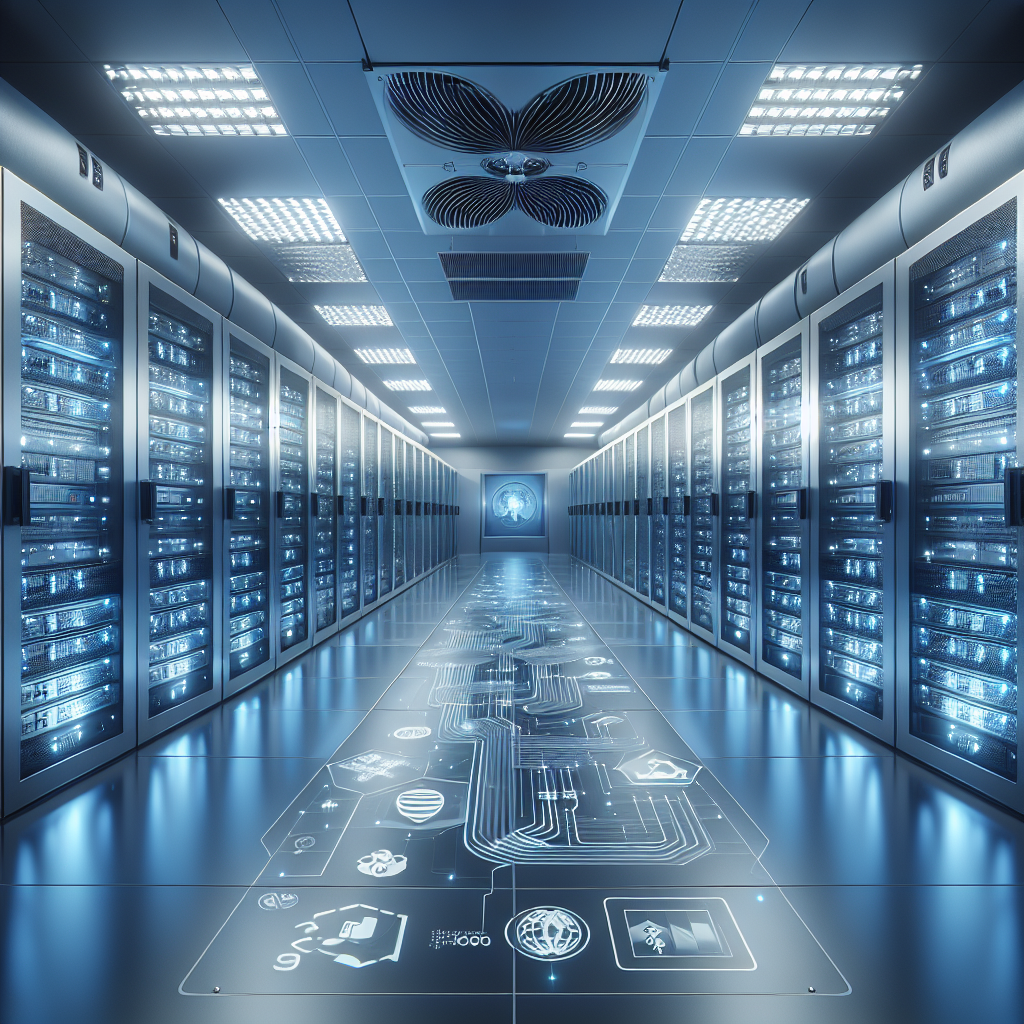Your cart is currently empty!
The Future of HVAC in Data Centers: Trends and Innovations

Data centers play a crucial role in today’s digital-driven world, housing the servers and infrastructure that power everything from social media platforms to e-commerce websites. As the demand for data storage and processing continues to grow, so too does the need for efficient and reliable cooling systems to keep these facilities running smoothly.
One of the key components of any data center’s cooling system is its HVAC (Heating, Ventilation, and Air Conditioning) system. These systems are responsible for maintaining the optimal temperature and humidity levels within the facility, ensuring that the servers and other equipment operate at peak performance. As data centers continue to expand and evolve, so too do the trends and innovations in HVAC technology that are shaping the future of these critical facilities.
One of the most significant trends in data center HVAC is the move towards more energy-efficient systems. With the rising costs of energy and growing concerns about sustainability, data center operators are increasingly looking for ways to reduce their carbon footprint and lower their operating costs. This has led to the development of innovative HVAC technologies that can deliver the same level of cooling performance using less energy. For example, some data centers are now using advanced cooling techniques such as liquid cooling and evaporative cooling to achieve greater efficiency and reduce their environmental impact.
Another key trend in data center HVAC is the use of intelligent, data-driven systems. With the rise of the Internet of Things (IoT) and smart building technologies, data center operators are now able to monitor and control their HVAC systems in real-time, allowing them to optimize performance and reduce energy consumption. These systems can be programmed to adjust temperature and humidity levels based on factors such as server load and outside weather conditions, ensuring that the facility remains cool and efficient at all times.
In addition to energy efficiency and smart technology, data center HVAC systems are also evolving to meet the demands of increasingly dense and complex server configurations. As data centers pack more servers into smaller spaces, the need for precise and reliable cooling becomes even more critical. To address this challenge, HVAC manufacturers are developing innovative solutions such as modular cooling units and in-row cooling systems that can be easily integrated into existing data center layouts.
Overall, the future of HVAC in data centers is shaping up to be a combination of energy efficiency, smart technology, and adaptability to changing server configurations. By embracing these trends and innovations, data center operators can ensure that their facilities remain at the cutting edge of cooling technology, providing the reliable and efficient cooling necessary to support the digital infrastructure of tomorrow.

Leave a Reply